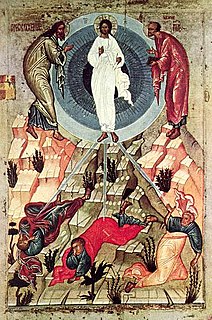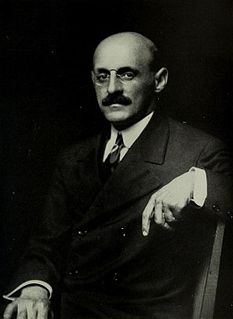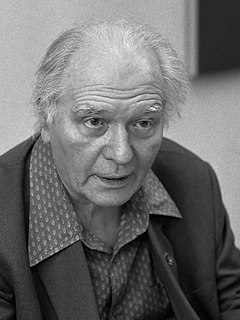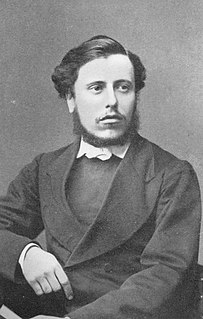A Quote by Charles Caleb Colton
Hypocrites act by virtue.... They frame many counterfeits of her, with which they make an ostentatious parade, in all public assemblies, and processions; but the original of what they counterfeit, and which may indeed be said to have fallen from heaven, they produce so seldom, that it is cankered by the rust of sloth, and useless from non-application.
Related Quotes
"My burden is light," said the blessed Redeemer, a light burden indeed, which carries him that bears it. I have looked through all nature for a resemblance of this, and seem to find a shadow of it in the wings of a bird, which are indeed borne by the creature, and yet support her flight towards heaven.
Curiosity, which may or may not eventuate in something useful, is probably the most outstanding characteristic of modern thinking ... Institutions of learning should be devoted to the cultivation of curiosity, and the less they are deflected by the consideration of immediacy of application, the more likely they are to contribute not only to human welfare, but to the equally important satisfaction of intellectual interest, which may indeed be said to have become the ruling passion of intellectual life in modern times.
People of the same trade seldom meet together, even for merriment and diversion, but the conversation ends in a conspiracy against the public, or in some contrivance to raise prices. It is impossible indeed to prevent such meetings, by any law which either could be executed, or would be consistent with liberty or justice. But though the law cannot hinder people of the same trade from sometimes assembling together, it ought to do nothing to facilitate such assemblies; much less to render them necessary.
You may dazzle the mind with a thousand brilliant discoveries of natural science; you may open new worlds of knowledge which were never dreamed of before; yet, if you have not developed in the soul of the pupil strong habits of virtue which will sustain her in the struggle of life, you have not educated her, but only put in her hand a powerful instrument of self-destruction.
The universal nature has no external space; but the wondrous part of her art is that though she has circumscribed herself, everything which is within her which appears to decay and to grow old and to be useless she changes into herself, and again makes other new things from these very same, so that she requires neither substance from without nor wants a place into which she may cast that which decays. She is content then with her own space, and her own matter, and her own art.
Virtue is the habit of acting according to wisdom. GOTTFRIED WILHELM LEIBNIZ, "Felicity", Leibniz: Political Writings Virtue is harder to be got than knowledge of the world; and, if lost in a young man, is seldom recovered. JOHN LOCKE, Some Thoughts Concerning Education However wicked men may be, they do not dare openly to appear the enemies of virtue, and when they desire to persecute her they either pretend to believe her false or attribute crimes to her.
Oscar Wilde quite rightly said, 'All art is useless'. And that may sound as if that means it's something not worth supporting. But if you actually think about it, the things that matter in life are useless. Love is useless. Wine is useless. Art is the love and wine of life. It is the extra, without which life is not worth living.
And so one may be without connection with any church, and even without connection with any established religion, and yet be in spirit, hence in reality, a much truer Christian than hosts of those who profess to be His most ardent followers, as indeed Jesus Himself so many times says. "By their fruits ye shall know them," said He. "Not every one that saith unto me, Lord, Lord, shall enter into the kingdom of heaven; but he that doeth the will of my Father which is in heaven."
No one can learn tolerance in a climate of irresponsibility, which does not produce democracy. The act of tolerating requires a climate in which limits may be established, in which there are principles to be respected. That is why tolerance is not coexistence with the intolerable. Under an authoritarian regime, in which authority is abused, or a permissive one, in which freedom is not limited, one can hardly learn tolerance. Tolerance requires respect, discipline, and ethics.





































